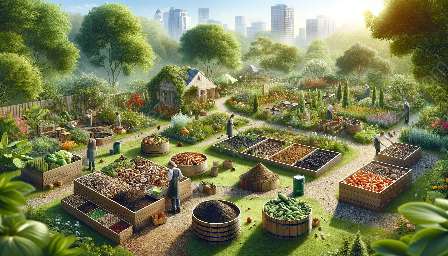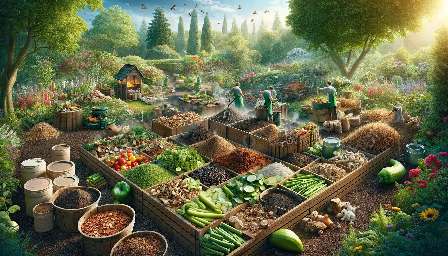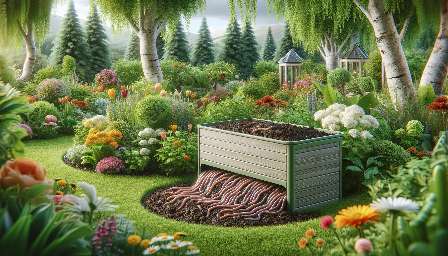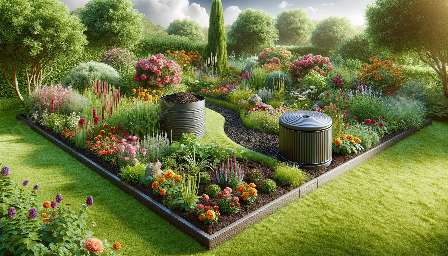Composting chicken manure is an invaluable practice for any gardener or landscaper. Not only does it help in waste management, but it also provides a nutrient-rich and environmentally friendly form of fertilizer for your plants. In this comprehensive guide, we will explore the benefits of composting chicken manure, its compatibility with gardening and landscaping, and a step-by-step process for effectively creating nutrient-rich compost.
The Benefits of Composting Chicken Manure
Chicken manure is an excellent source of organic matter and essential nutrients such as nitrogen, phosphorus, and potassium. When properly composted, it becomes a valuable soil amendment that improves soil structure, fertility, and water retention. Composted chicken manure also helps suppress diseases and pests, making it a natural and sustainable solution for garden and landscape maintenance.
Compatibility with Composting
Composting chicken manure is a natural fit within the larger practice of composting. When combined with other organic materials such as kitchen scraps, yard waste, and other animal manures, chicken manure contributes to the creation of well-balanced and nutrient-rich compost. The resulting compost will enrich the soil, promote healthy plant growth, and reduce the reliance on chemical fertilizers, aligning with the principles of sustainable gardening and landscaping.
Integration with Gardening & Landscaping
Utilizing composted chicken manure in gardening and landscaping projects is a sustainable and environmentally friendly choice. It nourishes the soil, enhances plant growth, and reduces the need for chemical inputs, ultimately leading to healthier and more vibrant gardens and landscapes. Whether you're growing vegetables, flowers, or maintaining a lush lawn, incorporating composted chicken manure into your gardening and landscaping practices will yield positive, long-lasting results.
Step-by-Step Process for Composting Chicken Manure
- Collecting the Manure: Start by collecting chicken manure from your coop or chicken-keeping area. It's important to gather a balanced mix of manure and bedding materials such as straw, wood shavings, or sawdust.
- Pre-Composting: To aid in the composting process, consider pre-composting the manure and bedding materials in a separate container for a few weeks. This will help break down the initial organic matter and initiate decomposition.
- Building the Compost Pile: Create a compost pile by layering the pre-composted manure and bedding mixture with other organic materials such as vegetable scraps, grass clippings, and leaves. This will ensure a balanced and diverse blend of organic matter for optimal composting.
- Turning and Aerating: Regularly turn the compost pile to aerate and facilitate the decomposition process. This helps maintain proper moisture levels and ensures uniform decomposition of the organic materials.
- Maturation and Application: After several months of active composting, the chicken manure will have turned into a dark, crumbly substance with a rich earthy smell. This mature compost is now ready to be incorporated into your gardening and landscaping projects as a nutrient-rich fertilizer.
Composting chicken manure is not only a sustainable waste management practice but also a beneficial activity that contributes to the health and productivity of your garden and landscape. By following the outlined process, you can harness the potential of chicken manure to create a valuable resource for nurturing your plants and enriching your outdoor spaces.
By incorporating composted chicken manure into your gardening and landscaping practices, you are not only reducing waste but also promoting a healthy and sustainable approach to nurturing the natural world around you.















































